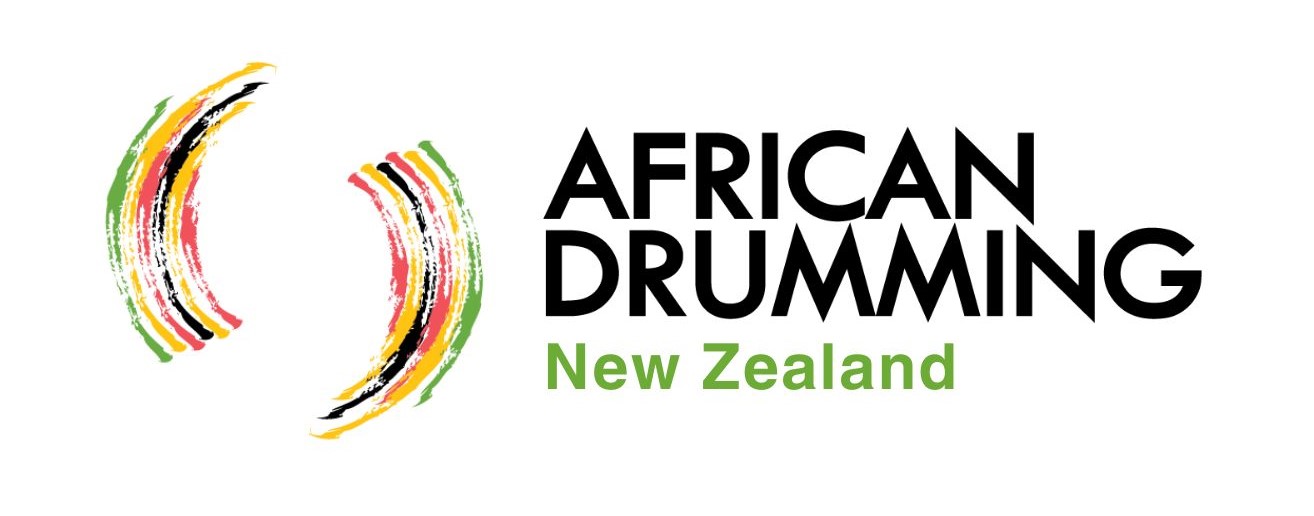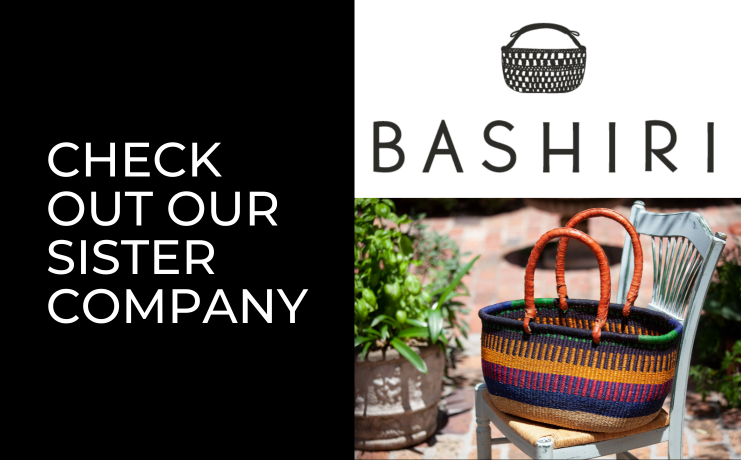• Workshop facilitation
• Programme facilitation
• Basic drum technique
• Confidence with ensemble instruments
• Introducing musicality
• Introducing leadership
• Applying the Rhythmic Flow Chart
• Understanding the Workshop Template
Applications
• Kindergartens
• Primary Schools
• Secondary Schools
• Community development
• Drum circles
• Rehabilitation facilities
• Rehabilitation and self help groups
• The arts
School Rates
As an African Drumming Facilitator, you’ll gain access to our Schools and Educator rates with big savings on instruments. We pride ourselves on the quality of our percussion and very competitive rates, and the ongoing support needed for you to get the most out of your gear. We can tailor instrument packages to suit your application and bottom line.

